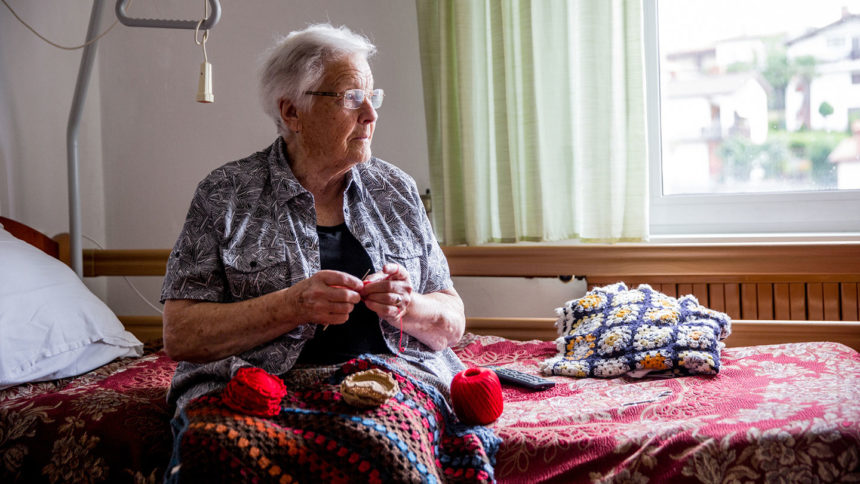
The United States lags behind other countries in palliative care service duration. On average, U.S. patients have 10 days fewer than those in comparison countries, a new study finds.
Investigators from the University of Leeds’ Academic Unit of Palliative Care, U.K., reviewed nearly 12 million cases in 23 countries. They found that the length of care for people with life limiting and terminal conditions varies greatly between and within countries.
The bulk of available research came from the United States, with three studies including 1 million participants each. A comparison analysis found that the global average length of care was approximately 19 days. When U.S. data was removed, the average global length of stay increased to 29 days.
Patients in less-developed countries received care for longer periods when compared with patients in highly developed countries. But data was lacking on when patients in low-income and middle-income countries accessed care.
The shortest average duration of care was six days in Australia, and the longest was 69 days in Canada.
Palliative care has been found to be most effective when it is initiated at least three to four months before a patient’s death, when it can improve quality of life and reduce financial costs, said Matthew Allsop, Ph.D., and colleagues.
“There is a clear and significant gap between current and ideal practice, which impacts on the benefit of palliative care for patients and healthcare services,” Allsop concluded.
The study was published in the journal BMC Medicine.



